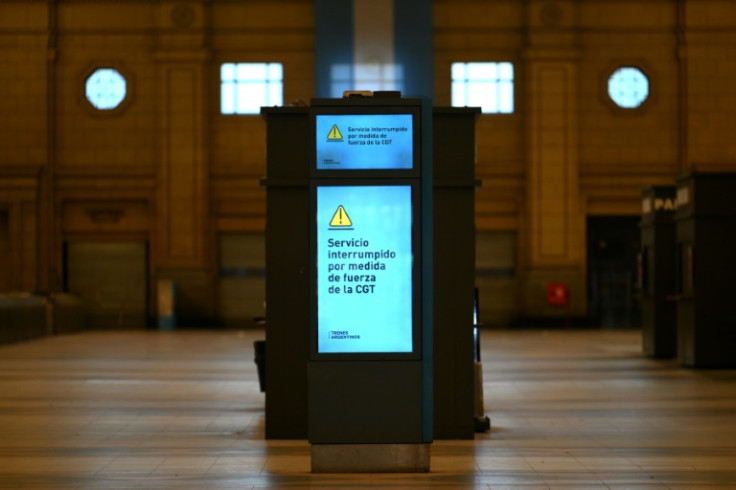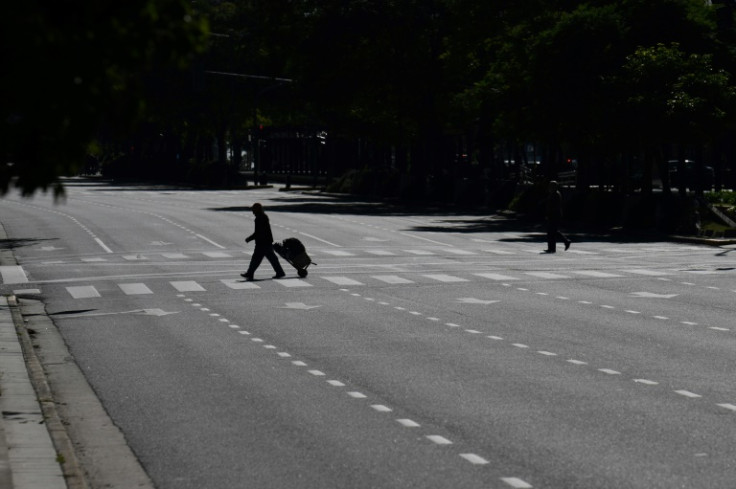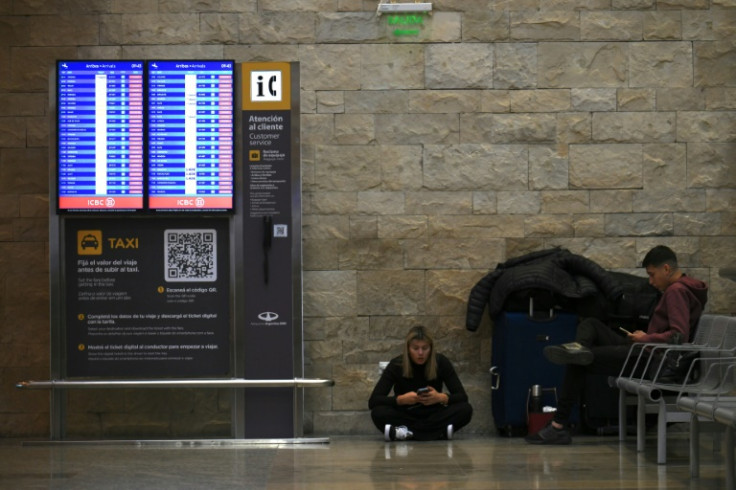
Argentina's President Javier Milei faced his second general strike Thursday in just five months in office, as workers angered by austerity cuts brought the capital to a standstill.
Public transport in Buenos Aires was reduced to a trickle for some three million daily commuters, while schools, banks and service stations remained closed, and garbage was left uncollected.
The 24-hour protest was called by labor unions in support of "a dignified wage" for Argentines battling a severe economic crisis, with annual inflation nearing 300 percent and poverty affecting one in two people.
Some 400 flights had to be cancelled, affecting about 70,000 passengers, according to the ALTA Latin American air transport association.
The port of Rosario, which exports 80 percent of Argentina's agro-industrial production, was all but paralyzed in the midst of its busiest season.
Self-declared "anarcho-capitalist" Milei won elections last November vowing to reduce the Argentine deficit to zero.
To that end, he has instituted an austerity program that has seen the government slash subsidies for transport, fuel and energy, even as wage-earners lost a fifth of their purchasing power.
Thousands of public servants have lost their jobs.
The CGT union, part of Thursday's strike call, accuses Milei of imposing "a brutal adjustment suffered especially by the lower-income sectors, the wage-earning middle class and pensioners."
Just weeks after taking office in December, Milei faced his first general strike.
He has also been the target of numerous demonstrations organized by various economic and social sectors -- the biggest so far on April 23 when an estimated one million people turned out to protest cuts to public universities.
Recent polls showed Milei's popularity hovering between 45 and 50 percent, just short of his 56 percent of votes in his election win -- a surprisingly high vote of confidence given the widespread unpopularity of his cost-saving measures.
The government has claimed some successes: monthly inflation has decelerated from 25 percent in December to a forecasted nine percent for April.
In April, Milei boasted about Argentina's first quarterly budget surplus in 16 years.
He insists his "plan is working" and has said the protests go "against what people voted five months ago."
But critics say Milei's few wins have come at the cost of the poor and working classes, and were unlikely to last.
There are worrying statistics as well.
Economic activity declined 3.2 percent year-on-year in February, and in March, there was a 21 percent annual slump in industrial manufacturing and a 42 percent dip in construction.
Leftist former president Cristina Kirchner said the austerity plan amounted to nothing less than a "useless sacrifice of the people."









